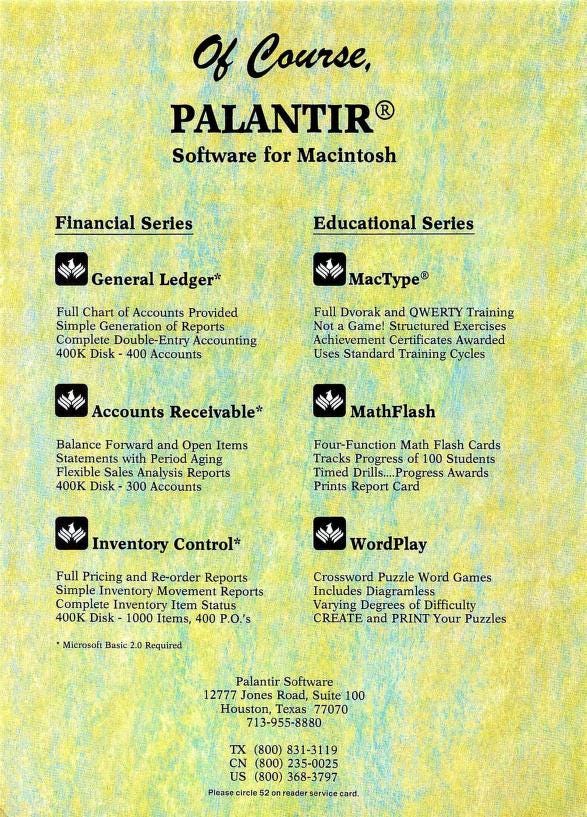I recently created something called the Overedge Catalog, which I’m really excited about. Here’s the description from the site:
Research organizations and institutions often are shoehorned into a set of well-established categories: universities, public companies, tech startups, and certain types of non-profits, such as think tanks. But there is the need for innovation here, particularly when it comes to encouraging the development of new ideas and the ability to operate on long timescales. We need new types of research organizations.
In cartography, most maps are bound by the straight lines at their borders. But occasionally, there are parts of the map that don’t quite fit. They bleed over the edge and yet still cry out for being included in a map. These are the overedges. The Overedge Catalog is devoted to collecting the intriguing new types of organizations and institutions that lie at the intersection of the worlds of research and academia, non-profits, and tech startups. This is a small but growing number of organizations, but hopefully by collecting and highlighting all of these here, it can spur further institutional innovation.
I currently have about forty organizations included, along with a simple taxonomy, from Dynamicland and the Santa Fe Institute to Stripe Press and the Recurse Center.
Since I first started publicizing the Overedge Catalog a couple weeks ago, many folks have reached out with further suggestions (thanks so much to all of you!) and I have begun making more additions, with hopefully even more to come. Please check out the current version, share it with your friends, and most importantly, please provide any further suggestions or other feedback.
Related to my perennial love of exploring old computing magazines, Matt Webb pointed me to this incredible treasure trove: the junk mail of Ted Nelson. Amazing.
Also, I recently discovered a Palantir from the 1980’s in an issue of MacUser:
Never stop digging in the archives.
And here are a few quick links:
Wikipedia Speedruns: Finding the deep interconnectivity of Wikipedia as fast as you can.
GPT-3 tries pickup lines: These are bonkers and hilarious.
Radioactive data: tracing through training: “We want to detect whether a particular image dataset has been used to train a model. We propose a new technique, radioactive data, that makes imperceptible changes to this dataset such that any model trained on it will bear an identifiable mark.”
And Alan Jacobs explores what he finds most important: “The point, at this stage in my career, after fifteen published books, is not the publication, it’s the thinking. So let the thinking, in public, commence.”
Until next month.





Another brilliant issue and cool project.
Wonderful issue! Thanks for your work putting it together.